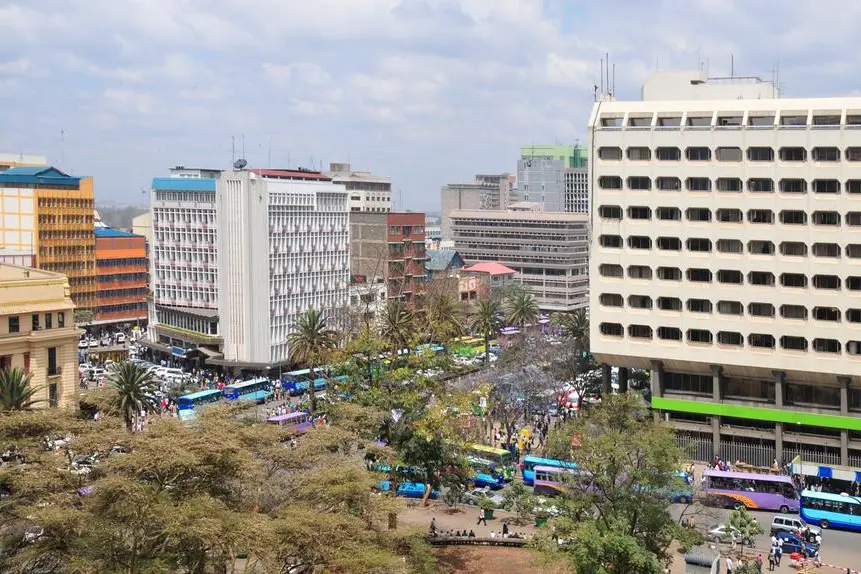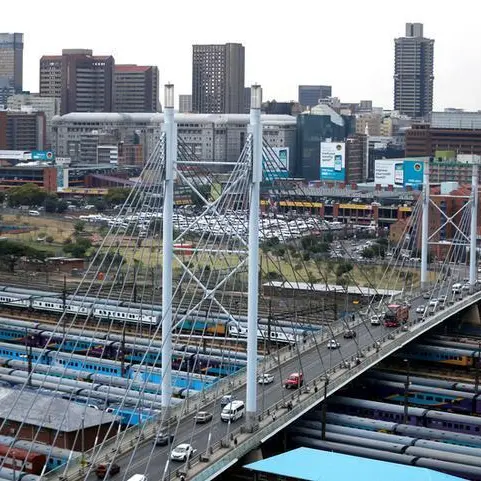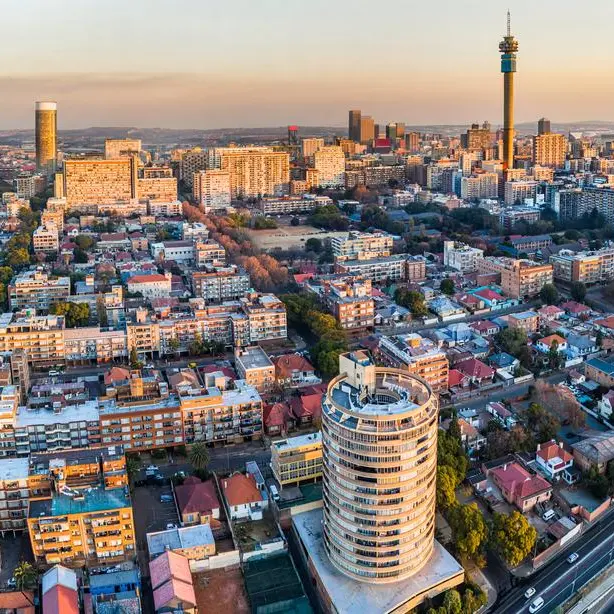PHOTO
The Council of Ministers of the East African Community (EAC) met in Arusha this week, amid a looming crisis blamed on an acute shortage of money for programmes and staff salaries, which are threatening to ground operations at the secretariat.
The Council, while announcing the latest Arusha retreat, admitted that the cash crunch was one of the top agendas. Another one was security.
Efforts to have the partner states remit their annual budget obligations have been disheartening. According to data from the EAC that The EastAfrican has seen, as of March 2025, member states owed the bloc a whopping $58,048,678.
Only Kenya and Tanzania had fully paid their mandatory $7,007,747, and Uganda had remitted $6,966,933 – 99 percent of its due contribution.
The continued default by the partner states has presented a dilemma to the Veronica Nduva-led Secretariat and its organs, most of which have been forced to slow down their operations and skip others all together.
The East African Legislative Assembly (Eala), for instance, has had to skip sittings due to a lack of resources and the East African Court of Justice has been grappling with a backlog of cases partly blamed on financial constraints.
Read: Eala defers business indefinitely over cash crisisAt the EACJ’s third Judicial conference in Kigali, last February, speaker after speaker raised concerns about the lack of funds to run the critical functions of the EAC organs.
EACJ president Nestor Kayobera blamed the slowdown of the wheels of justice on budgetary constraints, exacerbated by judges serving on adhoc basis.
Justice Kayobera said more than 200 cases were then pending hearing and determination before the court.“Budgetary constraints are hampering the operations of the court. As we speak now, we have more than 260 cases which are still pending, and the issue is that the judges are not permanent, they are serving on adhoc basis, except the President and the Principal Judge, who are permanent in Arusha,” the judge said.“So, we sit only quarterly, and this means four times for the First Instance Division and four times for the Appellate Division in a year. This is very little time, given the number of cases that have been filed before the court that need to be looked into by the partner states.”Read: We need financial autonomy, regional court tells statesBut it is the looming staffing crisis that is a new headache for the secretariat bosses. Up to 150 staff vacancies remain unfilled since last year, when hiring was frozen.
Another 30 senior cadre staff are set to exit at the end of the 2024/25 financial year, following the expiry of their contracts, and their replacement is uncertain due to the cash crisis.
Secretary-General Nduva was this week optimistic that the Council would provide a way forward on remittances as the clock ticks to the end of the financial year.
The other matters were the status of the integration of DRC, Somalia and South Sudan, who are yet to fully align their fiscal policies with those of the EAC.“The key discussion is on the budget for the upcoming fiscal year. The Council will also discuss different reports,including the reports of the Office of the secretary-general, Audit Commission on the Audited Financial Statements of the Community for the Financial Year ended June 30, 2024, and the status of integration of new partner states into the community,” the EAC boss told The EastAfrican.
During last year’s heads of state summit, the Council prioritised discussions on staffing, to be held in May this year.“We are aware of the staffing issue,” said Deng Alor Kuol, South Sudan’s Minister in charge of EAC Affairs, who was the Council chairperson then. “The Council will hold a special retreat in May to discuss the staffing gaps. Thereafter we plan to hold an extraordinary summit to discuss the matter.”Kenya’s EAC Cabinet Secretary Beatrice Askul is the current chairperson. The CS is also concerned about the poor remittances. “We are going to discuss this matter, among other issues,” she said.
By press time, the resolutions of the Arusha meetings were yet to be made public. As the Council convened in Arusha on Friday, the Eala Budget Committee Chairperson Kennedy Mukulia questioned the continued default by some partner states on contributions to the Community.“It is disappointing that not all the EAC partner states have remitted their contributions on time. It’s only next month and the EAC will be reading the next budget (in June 2025),” the MP told The EastAfrican.
According to him, the EAC secretariat is not doing much to alleviate both the staffing and financial woes.“Maybe some partner states are not paying because, what is the value proposition for remitting to the EAC? Perhaps the EAC secretariat is not doing enough talking to the presidents,” said the South Sudanese MP, whose country is one of the perennial defaulters, owing $15 million by March.
While Rwanda has paid 75 percent of its quota ($5.2 million), Burundi, South Sudan, Somalia and DR Congo continue to lag. DRC owes $20,711,995, Burundi $16,793,141 and South Sudan 15,118,076, according to the March 2025 data. Somalia owed $3,507,747, which Mukulia said it had recently paid. Burundi had also sent “about $1 million.”“DRC looks like they are not interested in the EAC. The problem right now is that we are curtailed. We (Eala MPs) cannot meet and by not meeting we have nowhere to bring up this matter out,” said a frustrated Mukulia.
He blamed both the Council and the secretariat for cancelling this year’s Assembly sessions.“We wanted to hold sessions even with no resources. We could meet virtually, do meetings in the partner states but they said ‘no, do not convene any meeting, there are no resources,’” he said.
DR Congo, which started on a high note, promising to inject new life into the intra-regional trade, has been the reluctant member of the EAC even as staff and Eala MPs from the country enjoy salaries, allowances and other benefits.
Since joining the group, they have remitted a paltry $1million.
Effects of warContacted for comment, DRC Government Spokesman Patrick Muyaya said, while Kinshasa was interested in the EAC, the war in the east had derailed its integration. That partner states Rwanda and Kenya are seen to support the M23 rebellion has not helped matters.
Read: How M23 war has disrupted East Africa trade with CongoBurundi’s financial year is yet to be aligned with that of the EAC have arrears. Its financial year runs from January to December, as opposed to July to June. This has been partly blamed for the delay in remittances.
Mr Mukulia said the EAC nowadays exists “only to pay staff salaries”.“You cannot keep paying salaries to people who are not working!”Yet the bloc is facing a staffing crisis. Of the required 400 staffers, the Secretariat has a shortfall of 150, even as dozens exit by the end of the year.
The staffing gaps exist in senior roles, including directors-general, heads of institutions, and directors in legal, communication, immigration, labour and in finance departments.
Mukulia wants the freeze on employment lifted. “You cannot freeze staffing when the institutions and organs are not having the required staff. A freeze should only be imposed on partner states that do not remit their annual contributions to the EAC,” the MP suggested.
Staff recruitment at the EAC has been an emotive issue since 2021 when the Council was forced to suspend recruitment.
MPs also want the EAC Staff Rules and Regulations of 2006 to be reviewed to capture the current state of the expanding community.
© Copyright 2022 Nation Media Group. All Rights Reserved. Provided by SyndiGate Media Inc. (Syndigate.info).





















